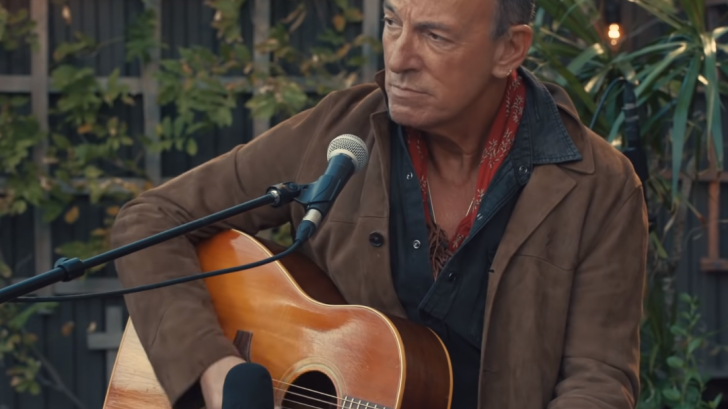For millions of devoted Bruce Springsteen fans, attending one of “The Boss’s” concerts is a dream come true. However, this year has been marred by ticketing nightmares that have left many fans devastated and denied access to their idol’s shows. Recently, hundreds of fans were turned away from a Springsteen concert in Munich, Germany, after purchasing counterfeit tickets online for exorbitant prices. This incident sheds light on the issue of ticket fraud and the challenges faced by both fans and artists in the ever-evolving ticketing landscape.
Denied Access: Ticket Fraud Plagues Bruce Springsteen’s Munich Show
Bruce Springsteen’s concert in Munich turned into a night of disappointment for many devoted fans who had purchased tickets from unofficial sources. Reports revealed that around 200 to 300 concertgoers were denied access to the Munich Olympic Stadium as they held fake tickets they had bought online for an astonishing price of €600. This incident left fans feeling betrayed and disillusioned, pointing to the alarming issue of ticket fraud that has been plaguing the music industry.
According to Live Nation spokesperson Katharina Wenisch:
“The higher the desire, the greater the risk that people will buy on the secondary market if there are no more tickets from the official providers,” reported the German publication SZ.
That outlet also reported that another counterfeit incident happened the week prior on July 18 in Austria.
Ticket Pricing Confusion: A Rollercoaster Ride for Fans
Ticket pricing has been a subject of confusion and concern for both fans and artists. Springsteen himself acknowledged the challenges of setting ticket prices in an interview with Rolling Stone. In the past, Springsteen and his team have strived to keep ticket prices reasonable to make the concerts accessible to a wider audience. However, the recent surge in ticket prices for some North American tour dates drew significant attention and criticism. Springsteen explained that this time, they decided to charge a higher price to align with market standards, acknowledging the reality that some tickets will inevitably fetch high prices in secondary markets.
“What I do is a very simple thing,” Springsteen told Rolling Stone. “I tell my guys, ‘Go out and see what everybody else is doing. Let’s charge a little less.’… For the past 49 years or however long we’ve been playing, we’ve pretty much been out there under market value. I’ve enjoyed that. It’s been great for the fans. This time I told them, ‘Hey, we’re 73 years old. The guys are there. I want to do what everybody else is doing, my peers.’ So that’s what happened. That’s what they did.”
Balancing Fairness and Affordability: The Artist’s Dilemma
For artists like Bruce Springsteen, finding the right balance between fair pricing and making concerts affordable for fans is a delicate dance. While Springsteen recognizes the confusion and complexity surrounding ticket buying, he emphasizes that most of his tickets remain affordable and accessible. He expresses concern about ticket reselling, which results in exorbitant prices that don’t benefit the artists themselves. Ultimately, Springsteen’s decision to adjust ticket prices for certain shows was an attempt to align with industry norms, despite facing backlash from some fans.
“Ticket buying has gotten very confusing, not just for the fans, but for the artists also, and the bottom line is that most of our tickets are totally affordable,” said Springsteen. “They’re in that affordable range. We have those tickets that are going to go for that [higher] price somewhere anyway. The ticket broker or someone is going to be taking that money,” he continued. “I’m going, ‘Hey, why shouldn’t that money go to the guys that are going to be up there sweating three hours a night for it?’ It created an opportunity for that to occur. And so at that point, we went for it. I know it was unpopular with some fans, but if there’s any complaints on the way out, you can have your money back.”
Bruce springsteen and the E Street band were on fire tonight in Munich #springsteen pic.twitter.com/xkGIygnc7J
— Jim Steele (@clock1258) July 23, 2023

